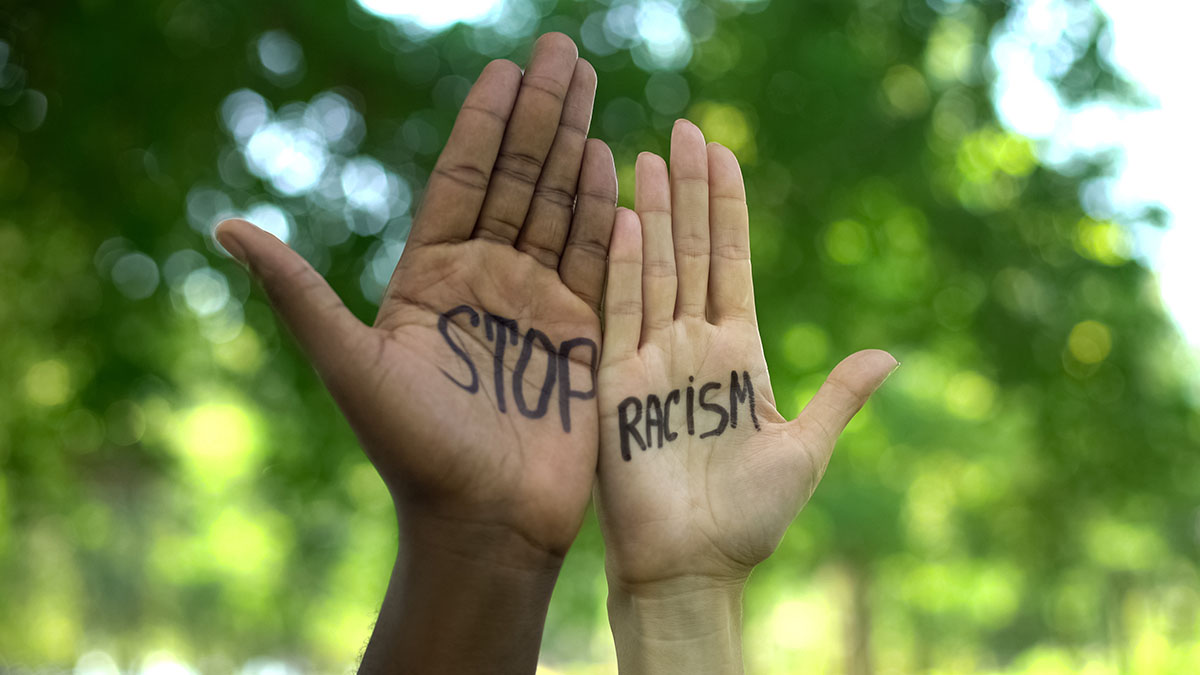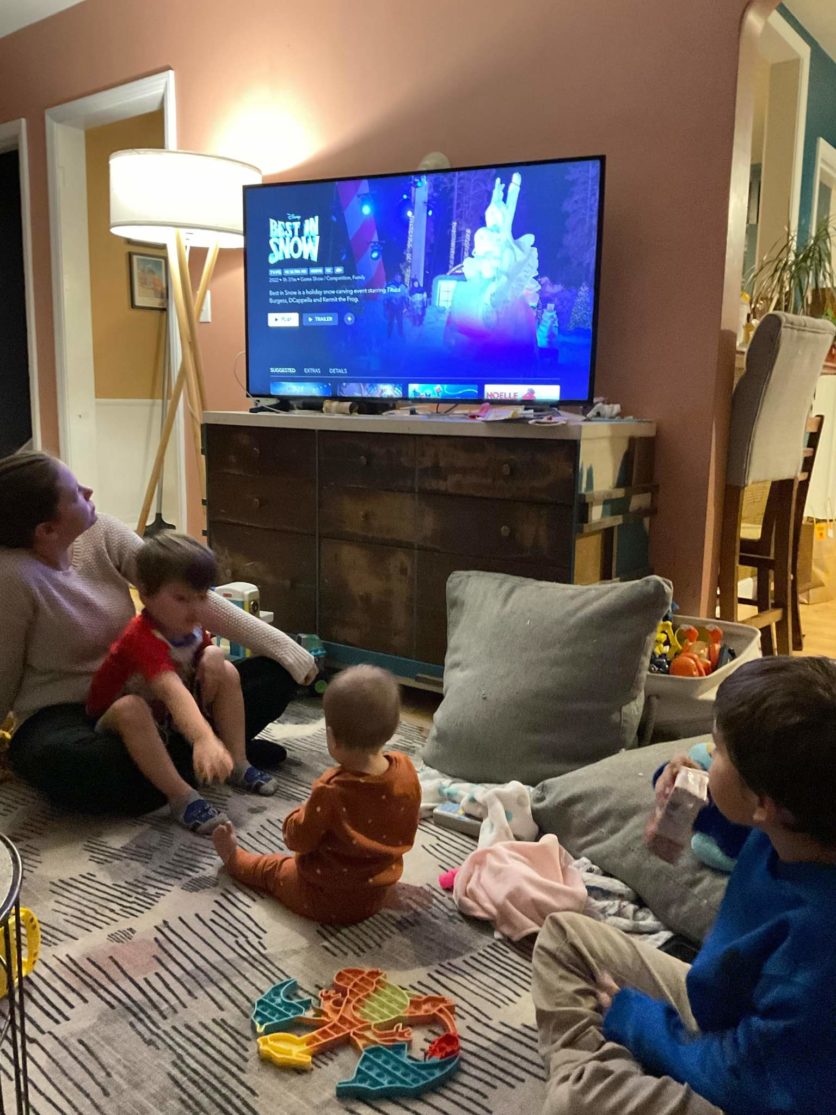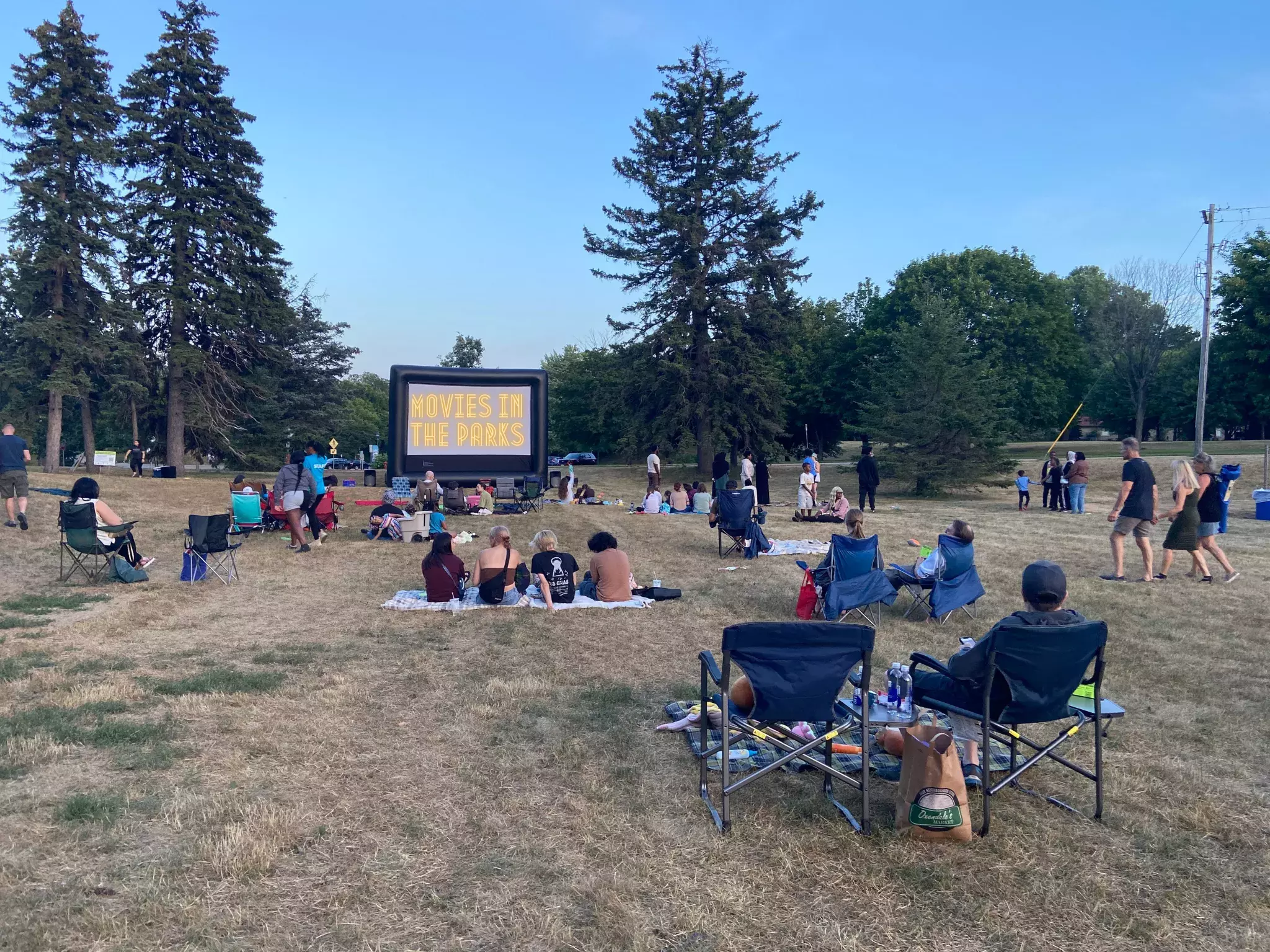Creating a Culture of Anti-Racism in Healthcare: Where Do We Start?
by abby hughes-scalise, phd, llp
The murder of George Floyd in Minneapolis on Memorial Day has sparked a national conversation about how race impacts every corner of society in America. An important arena for this conversation is our healthcare system.
Health disparities between white Americans and BIPOC (Black, Indigenous, and People of Color) have been documented for decades. Black women die in childbirth three to four times more often than white women. Black Americans seeking medication for pain are less likely to be given opioids than white Americans. BIPOC individuals are severely underrepresented among medical school faculty and medical students. In fact, medical schools currently have a lower acceptance rate for Black applicants than 50 years ago.
Historically, Black Americans have been exploited in medical research. The “Tuskegee Study of Untreated Syphilis” is one example: for 40 years (1932-1972), Black American men were enrolled in a study that observed the course of untreated syphilis. These men were told that enrolling in the study gave them access to free healthcare. In reality, participants were given fake medication, were never told about their syphilis diagnosis, and were never made aware that they could die from this illness or spread this illness to others. Many people died as a result of this study. When these ethical violations came to light, important legal changes were made to allow for increased protection of research participants. However, one of the longstanding effects of this study (and others like it) is ongoing distrust of the healthcare system by the Black community. As a result of this mistrust, BIPOC are more likely to decline needed medical tests or treatments.
In Minnesota, our current health pandemic is another example of racial disparity. Seven percent of Minnesota’s population is Black. However, Black individuals make up 16% of confirmed Covid-19 cases in Minnesota to date.
In healthcare, we are faced with a daunting and necessary task: how do we confront historical and current racism in our healthcare system to eliminate racial health disparities? How do we embody being anti-racist: to fight against racist ideas, racist behaviors, and racist policies? These are not things we can accomplish quickly, and yet swift action needs to be taken. There is no clear roadmap to creating an anti-racist healthcare system, and yet we need to act with intention.
An essential step for healthcare providers is the same step that we all need to take during this time of amplified focus on anti-racism: increase self-awareness of our own racial biases. There are many programs and surveys tailored to this exact task: Harvard’s Project Implicit and the Anti-Defamation League’s Personal Self-Assessment of Anti-Bias Behavior are two places to start. Both of these are free and easily accessible online. This kind of self-assessment is not something to complete once and then check off your to-do list. Racial biases are moving targets. Biases and prejudices can shift, and they often do, particularly when we are not intentionally attending to them.
Another important step is to increase awareness of health disparities within our own community. Everyone in the health system has a part to play in this task. Administrators and healthcare providers need to work together to evaluate clinic policies, create resources for staff to address racial biases, and collect data on racial disparities in the provision of healthcare within their own panels of patients. Nursing and front desk staff can be trained on cultural sensitivity and the importance of anti-racism so that they have the tools and language to create a culture of safety, acceptance, and equity for all patients. Patients can call out racial inequities and racist behaviors they witness.
The National Museum of African American History and Culture states on their website: “Being racist or antiracist is not about who you are; it is about what you do.” The US healthcare system is being called to act, to make changes. This will take time and it will take all of us changing together. Let’s get to work.




